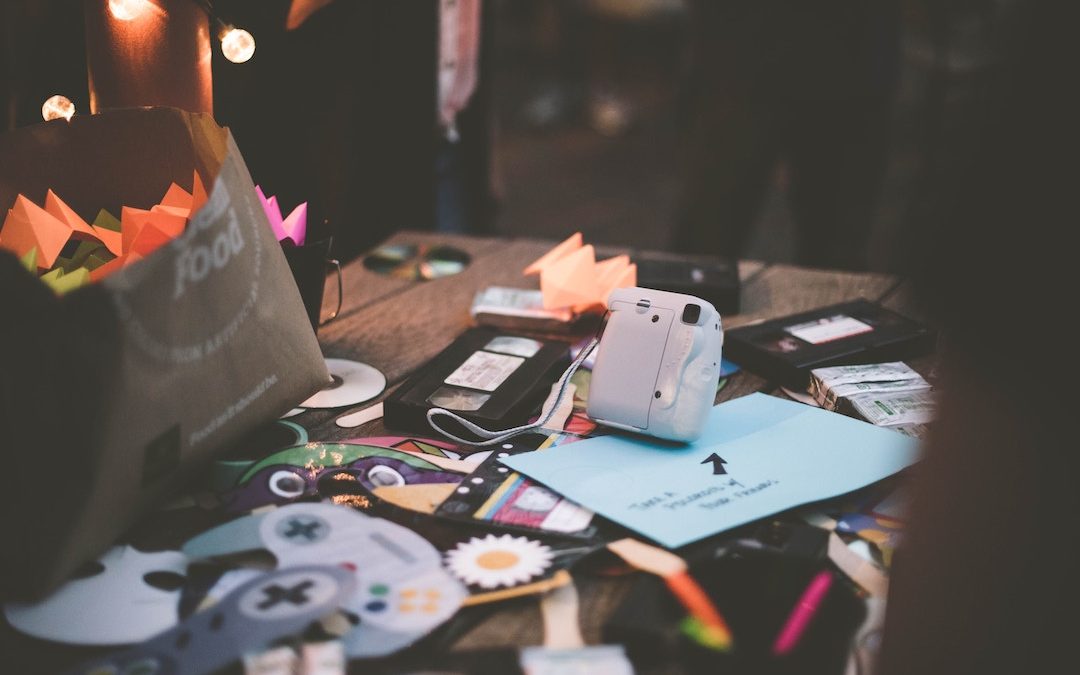Husband and I have been trying, since the beginning of the year, to not only make our house and habits more environmentally friendly but also embrace the concept of minimalism.
Owning fewer things is a much simpler, more environmentally friendly way to live, because the fewer things we own, the fewer precious resources it takes to make them. We want our sons to know and understand that every possession they bring into their lives has an impact on others and the state of the earth.
This particular part of environmentalism—the minimalism part—is an ideal that has had our hearts for quite some time; I am the kind of person who feels anxious when surrounded by too much stuff. And kids come with so much stuff.
But now that my sons are out of their infant and toddler stage, which is one of the most crowded (as far as things, time, and, well, everything else), Husband and I thought this would be a good season to focus on minimizing even more.
My original plan was to finish minimizing the house within the year, but since we’re still only on the first room, I think that goal might be a little idealistic.
The problem is kids.
They want to be a part of this process—and they should be; this is their home, too. But they are also really terrible at getting rid of things.
I recently spent an entire day going through every bookshelf in our house—and there are many; we have a designated home library, a library in husband’s and my office area and at least two bookshelves in each kid’s room. It’s no wonder this process took all day. I was proud of my efforts when, at the end of the day, I’d cleared off the equivalent of four entire shelves and stacked books with broken bindings and missing pages in one pile and books we’d outgrown or never really enjoyed reading in another.
I was all ready to congratulate myself for minimizing one of the most difficult things for me to minimize—books—when my 12-year-old walked in the room.
“Oh, wow!” he said. “I love this book!” He picked up a book from the discard pile that was flapping from the first few pages because it long ago lost its cover. He started to leave.
“Uh . . . What are you doing?” I said, perhaps a little too aggressively.
“Taking this to my shelf,” he said.
“No, you’re not,” I said. I proceeded to explain to him what the piles were and why they were necessary—which was a huge mistake. He dropped down to his knees and started rifling through the discard pile and the donation pile, rendering them no longer piles at all, as kids do so well. I went to fetch Husband for help.
Husband was much more reasonable than I was; he let our son choose three books from whatever pile he wanted, so long as there was room on his personal bookshelves and the books didn’t end up on the floor.
It’s been story after story of this same kind of thing. And I understand how difficult it is for kids to get rid of anything. They don’t have the experience we have to say that ridding ourselves of one thing makes way for something better—or simply opens up space to breathe. But they will. They’ll notice the difference, and while they may not learn from the first thousand experiences of this kind, eventually they will learn. And they’ll remember it when they grow up and have homes and families of their own.
So I guess I’ll keep chipping away at the reduction, letting them exercise their negotiation skills, and enjoying the wide open space of owning fewer things—however fleeting it is.
(Photo by Samantha Gades on Unsplash)


